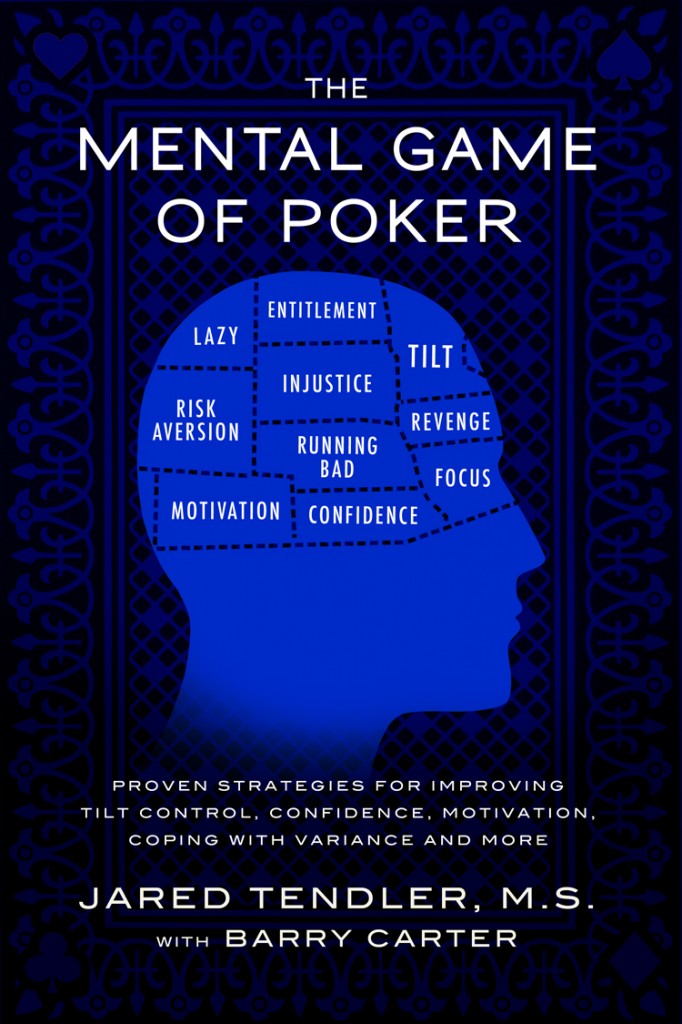Previous part of the book “Mental Game of Poker”: Focusing on Results, Creating Winning
5.3 Injustice Tilt
After the hundredth cooler, bad beat, and bad river in one day, it feels like your head is about to explode. You can't believe how unlucky you are. Bad players suck out in the most unpleasant situations, regular players beat you, you tilt thinking about how much you could have won today, the poker gods have cursed you, you don't deserve this, and you start wondering when you'll get your fair share of luck. Logic says that variance makes poker profitable. Be patient, and eventually, luck will turn in your favor. But the scales of poker justice have tipped against you, and you tilt trying to fight them.
As the name suggests, injustice tilt is about fairness, equity, and impartiality. It may seem that the solution to everything is to accept the reality of poker, but it's not that simple, otherwise, this problem would have been solved long ago. So, as with every type of tilt, finding the missing logic is the key that unlocks a long-term solution.
To find the faulty logic that causes injustice tilt, answer these questions:
- Do you feel like you're not getting your fair share of luck and constantly messing up?
- Do you feel like the money you lost was taken from you?
- Are bad beats, coolers, and suckouts more painful when they happen against a bad player?
- In what situations do failures particularly affect you?
- Do you envy or perhaps resent players who, in your opinion, are luckier?
- During unlucky periods, do you wish poker wasn't like this or that you could somehow control variance?
For many players, the essence of injustice is the feeling that they are not getting what they fairly deserve. This raises the question, how do you know what is fair? The mind perceives this when thinking about the following things:
- Variance or luck
- The quality of your skills
- The quality of your opponent's skills
One thing is clear: the combination of these three factors determines your advantage in the game, but accurately calculating them is not easy. Players who can do this well have the necessary skills to notice subtle variance, their mistakes, or solid opponent actions. Although all players have some abilities in each area, the level of those abilities varies greatly.
There are players in poker rooms who don't believe in math. They think that KK is a better hand pre-flop than AA. Or they think they always catch a flush when holding hearts. Of course, such players' opinions are influenced not by statistics but by their own experience playing with those hands. These players show us that despite bad play, bad players also make many mistakes in interpreting results. They overestimate their abilities, have very little understanding of variance and probabilities, and think they are better than other regular players at the table.
Misinterpreting results is not just a weakness of bad players. Every player has an internal filter that calculates the impact of variance, their own, and their opponents' abilities on the game. This filter determines how played hands, sessions, tournaments, etc., are interpreted. It works like a sorting system: variance belongs to this pile, game quality to that one, and opponents' play to another. When that filter sorts the results, the evaluation of each pile gives an automatic internal feeling about the advantage. Injustice tilt develops due to fundamental weaknesses and errors in a player's ability to filter results, which ultimately distorts the belief about what is fair and just.
Believing You Are Better
Some players mistakenly blame luck for their losses but don't consider that they might have lost due to better decisions made by their opponents. This happens when the ability to evaluate their own game quality is stronger than the ability to evaluate the opponent. If you can't understand your opponent's behavior, it's natural that you won't properly evaluate their play and will think you are better than them. Such subtle bias means that instead of objectively assessing who is stronger, you automatically assume you are better.
If calculating each of these factors – variance, your, and your opponents' abilities – were simple, injustice tilt wouldn't exist. Players would easily understand what is fair and just. When you know what is fair, even losing doesn't seem so unfair. Sometimes just the uncertainty of not knowing drives you crazy.
Although in the short term it's 100% impossible to know what is fair and just, it is also a skill that can be improved. Initially, variance seems like a hard-to-understand phenomenon, but it is a skill that improved the moment you first sat down to play. This means that understanding can be improved. The chapter “Skill of Recognizing Variance” provides more tips on how to grasp variance.
In a courtroom, justice can be blind and objective, but you are not. Besides making mistakes in calculating variance and the quality of your and your opponents' skills, injustice tilt is influenced by various biases that cloud your judgment. In other words, when deciding what is fair, you evaluate only a small amount of evidence, which directly affects your reactions at the table.
The biggest biases regarding poker are discussed in the remaining part of the chapter.






